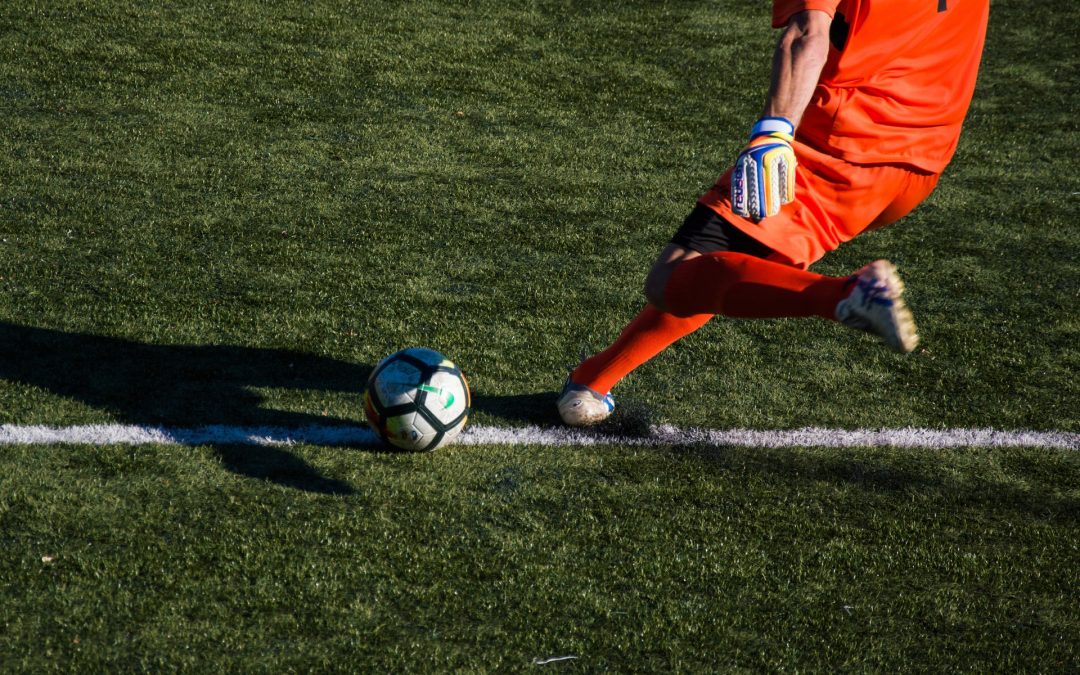Yes, FIFA 21 scams are a reality now. The game has just arrived (on October 23) and cybercriminals are already seeking to steal millions of players worldwide.
Considering the gigantic popularity that the soccer videogame franchise enjoys, it’s actually not too “unbelievable.”
Let’s see what’s been happening since its release. And share what Christopher Boyd (Malwarebytes researcher) said earlier this week about FIFA 21 scammers, for you to avoid getting ripped off.
So says Malwarebytes researcher , who in a blog post earlier this week detailed the different ways in which FIFA scammers can rip you off and how you can avoid becoming a victim.
Are FIFA 21 Scams A “Thing”?
Selling around 280 million copies across 51 countries it’s not an easy thing.
The FIFA series has achieved that over its lifetime (to the point of being considered the “best-selling” sports video game in the world, by the Guinness World Records).
And that only means one thing for scammers: premium bait. So yes, FIFA 21 scams are a thing right now. They got everything they could want and need: millions of potential victims to choose from (most of them teens or even young children).
The chances increase because there’s no need for clever hacking attacks.
But, what exactly are they attacking for? What do scammers get from FIFA players?
Well, as you may know by now, the main attraction to FIFA games is the Ultimate Team Mode, in which you can build your own team and manage it, having the chance to recruit the world’s greatest soccer players (current and former).
See it as a fantasy-football league that you can play against other teams online.
And smart EA has made a gamified system where players will earn “coins” by playing the game, that can be used to buy “cards” that represent the players to assemble the mentioned team. Think of it like baseball cards.
But so far, this not of interest to scammers. Instead, what it is, are those FIFA Ultimate Team points (another digital currency to buy player’s cards) which can only be purchased with real money (in-game or from 3rd party sellers).
Cards packs work with a tool box-like system where gamers can use these purchased “points” to test their chances and get (or not) the very best players.
To get an idea of how much money we’re talking about, take into account that you can buy Ultimate Team gift cards on Amazon for around $4.99 (500 points) to $99.99 (12,000 points).
Just to be clear, the Mega-Pack has a cost of 25,000 coins, while the Ultimate pack (the most expensive) costs 125,000 coins.
While it’s possible to get that amount with the in-game rewards, it’s obvious that not everyone has the time or patience to play for days and weeks just to buy such a pack.
In most cases, users take their own money and “invest it in” to shortcut the process. Especially when having the best UT players translates into winning more matches.
Each player inside the game has stats that affect its real-time performance.
If according to gamstat, there is a total of 11,600,000 players playing since half of November’s, then you can imagine how much is spent inside the game by now. For sure, it translates to red meat in the water even for organized crime groups.
Tom Usher said in The Guardian earlier this year, that “the temptation to splash out on a few gold packs to quickly upgrade your team is immense.”
Are you a FIFA 21 player? Then you now know what to be aware of.
But really, we haven’t talked about how scams occur and the ways to avoid them.
FIFA 21 scams to look out for, and how to avoid them
Let’s start by saying that they’re in most cases effective because take advantage of loopholes from your embedded social media accounts.
And also, that there isn’t one type of scam used alone (but many). Let’s talk about the main four scenarios:
- Fake generators of FIFA coins and points: you can find them popping up on gaming websites and forums. They target the specific platform you play on (PC or consoles).
So be aware if you ever come to see “free game keys, points, codes” or something by it. It’s always followed by a survey that supposedly will send you the codes after inputting your login details. - Fake customer-support personnel: Also popular in gaming forums, they pretend to offer help, as an excuse to take you to a phishing website (that steals your FIFA account credentials).
- Fake FIFA social-media pages: They try to imitate the original FIFA social media pages with content related to in-game footage and team-building to promote game shortcuts… Basically, fake card packs.
- Fake game administrators: Similar to the support personnel, these show up in online communities to promote fake “special rewards.”
The best prevention method always is, to understand that, if it looks too good to be true, it’s probably because it isn’t.
Besides, nobody should ask for your login credentials (not even real EA employees).
Boyd recommends you “take some time to figure out security practices that work for you on your selected platform. Every small step you make towards keeping scammers out makes it harder for them to score the winning goal.”
